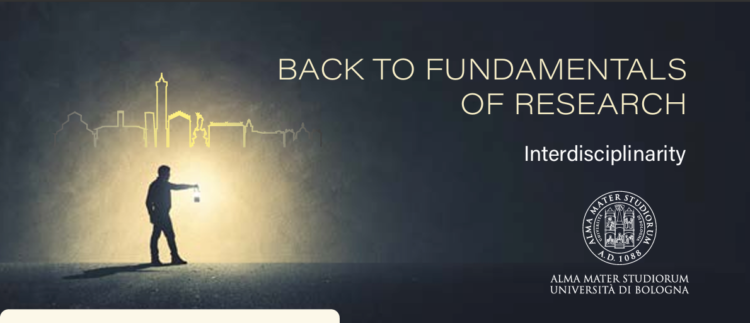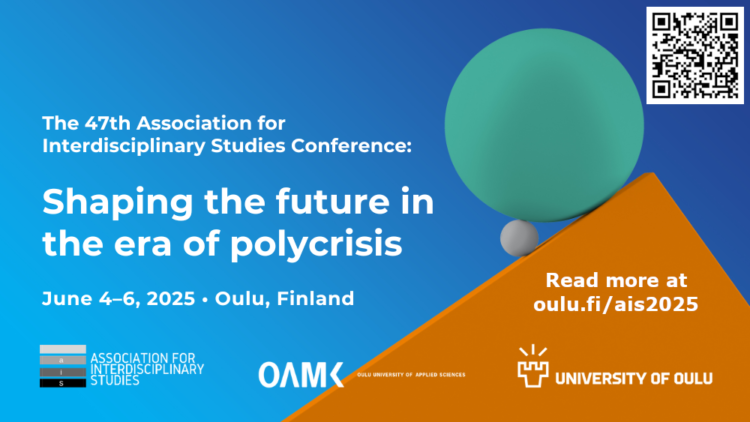SHAPE-ID member Prof Catherine Lyall was a keynote speaker at the University of Bologna's international…
SHAPE-ID Learning Case Workshops Rescheduled for September 2020
We were disappointed to have to postpone three of our learning case workshops in March, April and May due to the coronavirus crisis. We are pleased to announce that we have now rescheduled these workshops, which will take place virtually in September to avoid further delays and explore the potential of online collaborative methodologies for inter- and transdisciplinary research.
The workshop topics are:
- Intersections or reconfigurations? Arts and Humanities integration in inter- and trans-disciplinary research (organised by ETH Zurich in collaboration with td-net)
- Artificial Intelligence (AI) challenges and scenarios of collaborative learning, working and living with machines (co-robotics) (organised by ISINNOVA in collaboration with the University of Deusto)
- Streamlining Digital Humanities research and infrastructure in the cultural heritage domain (organised by the Institute of Literary Research, Polish Academy of Sciences)
Participation is unfortunately restricted and by invitation only but we look forward to some more exciting discussions and to sharing the results more widely by the end of the year.



